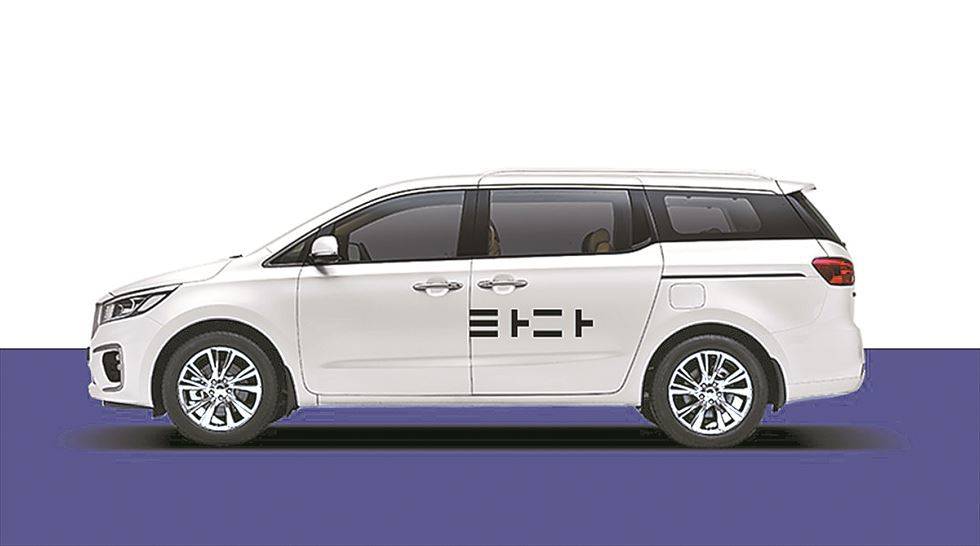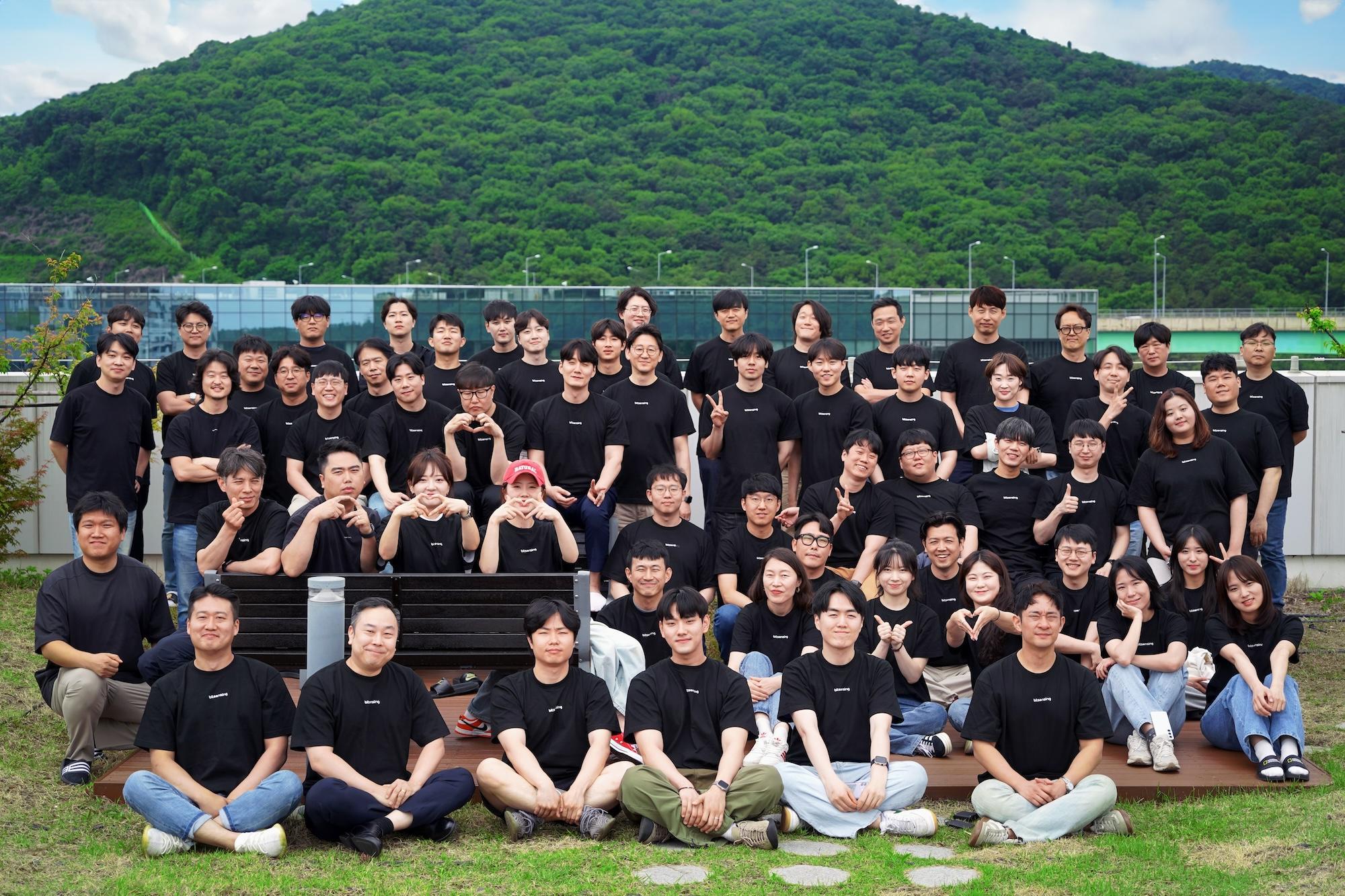The ride-sharing service, Tada, may have to shut down its services as the Korean National Assembly committee passed a revision bill aimed at prohibiting its operations. The startup companies have criticized the decision as they charge the Assembly of protecting vested interests of the taxi industry instead of supporting innovation before next year’s general election. The Ministry of Land, Infrastructure, and Transport stated that the transport platform operations were “inappropriate.”
Tada is an app-based rental van-hailing service that mainly moves people in larger-capacity vehicles. Car-sharing app SoCar‘s subsidiary Value Creators & Company (VCNC) operates Tada’s service, mostly in Seoul and the surrounding metropolitan area.
Tada utilizes outsourced drivers and 11-seat Kia Carnival vehicles to provide its service to over 1.3 million users. The van-hailing service extended its reach quickly over the past year, even with objections from taxi drivers.
On February 19, 2020, a Seoul court acquitted the chief of car-sharing app operator SoCar, Lee Jae-woong, of charges of running a transportation business without a license. In October 2019, prosecutors had charged SoCar CEO Lee Jae-woong, and VCNC’s chief executive, Park Jae-wook, over claims that the transport service violates the nation’s passenger transport service act. With an exception for rental vans with 11 to 15 seats, the law bans companies from operating paid ride services with rented vehicles.
Now the National Assembly committee passed a revision bill aimed at prohibiting Tada from conducting its operations. If the Assembly passed the bill during the plenary session, Tada should stop the operation of its app-based business within 18 months or secure a taxi service platform license subjecting its services to taxi firm regulations.
The indictments followed a string of complaints from traditional operators saying that Tada’s service harms Korea’s taxi industry. Local taxi drivers claim that Tada threatens their source of income and violates the transportation law, which forbids making money from offering rides with rented vehicles. If the revision of the bill is passed and becomes a law, it will force Tada to scale down its operations.
Tada argued that its business is within legal boundaries based on a written exception that precisely permits rented vans with 11 to 15 seats to be offered with drivers. The local taxi industry contends this is a subjective application of the rule, irrelevant to its primary purpose of promoting tourism.
The Fair-Trade Commission expressed its stance to a parliamentary subcommittee as lawmakers began deliberations on the revised bill. The commission stated it is “desirable” for companies to offer ride-hailing services without restrictions on vehicle ownership and that rented cars need to be allowed for paid ride services. The FTC also recommended that lawmakers need to “cautiously review” the revised bill, citing risks of hurting competition and undermining consumer protection. SoCar CEO Lee Jae-woong claimed that the van-hailing service is one of the mobility companies applying AI technology, saying in a Facebook post that about 1.3 million users and 9,000 drivers benefit from Tada.
Lee wrote, “This service is allowed by the law. The police decided that this doesn’t violate the law, and the transportation ministry had never ordered us to stop for over a year when the service ran.” Tada’s operator expressed discontent following the passage of the revised bill at the subcommittee. The company also urged lawmakers to consider the citizens’ convenience and the future of the country in making their decisions.






